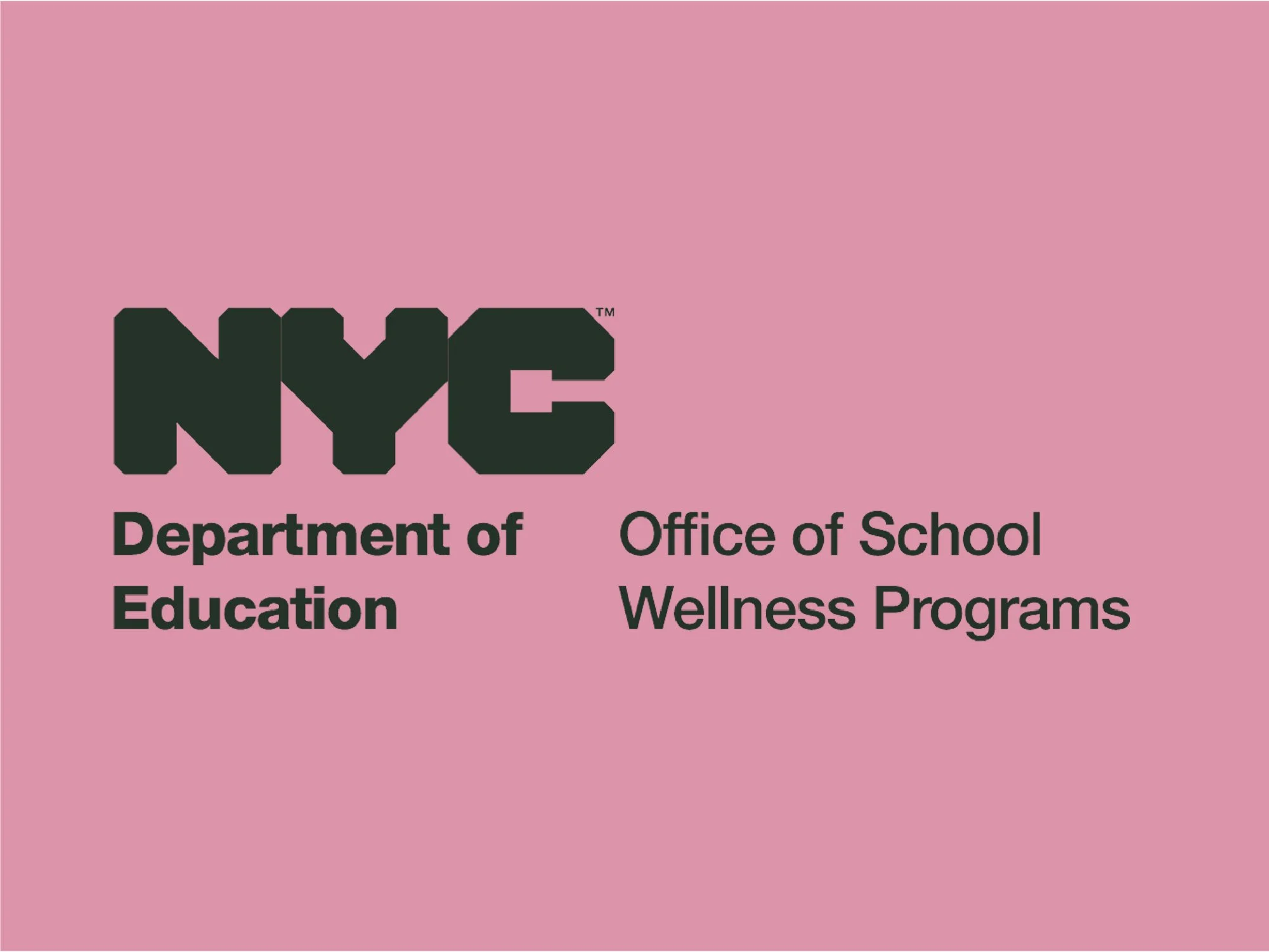NYCDOE: Office of School Wellness Programs
Spring 2021 - Winter 2022
One year into COVID, the OSWP’s senior leadership team found themselves needing to focus attention on their relationships with one another as a lever for pushing their collective work forward.
BACKGROUND
The Office of School Wellness Programs at the New York City Department of Education was led by an Executive Director who brought us in to work with her team of, at the time, six senior leaders. The OSWP grew exponentially in recent years. The Executive Director and the senior leadership team had worked with an executive coach two years prior to reorganize and repattern, ultimately shifting into a program development and delivery model.
THE CHALLENGE
Implementing their new organizational structure overlapped with COVID and its related changes. When we first met, the Executive Director identified the team’s challenges as centering around relationships that were strained, inconsistency across the team in receptiveness to giving and receiving feedback, and resistance to collaboration.
OUR APPROACH
Over the course of a 9-month engagement, we delivered both a series of team sessions and engaged in 1:1 coaching with each member of the senior leadership team. We worked together toward 3 specific objectives:
To build individual and team resilience, skills, and strategies in an effort to center healthy, direct, and real communication;
To build the skills and strategies that support giving, receiving, and incorporating feedback;
To engage in collaborative practices that enhance the quality of the collective work.
Each member of the leadership team engaged in multiple rounds of 1:1 coaching that began with exploration and trust building between the coach and client, and culminated in a rigorous Guided Leadership Self Study process through which we collected and looked at feedback from colleagues, and built learning plans for continued leadership development.
The team engaged in a series of group sessions that focused on skill building and practice, all with an explicit goal to improve the quality of their relationships, communication, and collaboration. These sessions ranged in topics from psychological safety and building resonance to giving and receiving feedback. Gangotri Garg of Real Space delivered a session on interpersonal dynamics at the start of our engagement. Nicole Smith of BCWT Consulting delivered an introductory session on restorative justice practices with the leadership team that eventually led to a deeper engagement around these practices with the broader team. We partnered with Leticia Peguero, who supported a member of the team interested in working specifically with an Afro-Latina coach.
“Women’s Brain Trust has been a voice of reason and support leading in a large, bureaucratic environment during these challenging times. They coordinated monthly team development conversations to support us in creating stronger collaboration practices, identify areas of growth, and continue to unify us as a collective leadership group.”
“The 360 leadership study administered by Women’s Brain Trust (WBT) was truly an eye opening experience that every leader (at some point or periodically) should include as part of their leadership journey. The study provided an anonymous opportunity for peers and staff to share how they experience my leadership including areas of strength, growth and opportunities in our collaboration and my leadership overall. The questions had a broad lens and also provided direction to allow for open sharing. The responses were clearly summarized and highlighted common themes across all feedback while including direct comments shared by respondents. The summary was coupled with a debrief session for each senior leader to support reflection and processing of the information to inform the next steps for each of us. A 5 out 5 experience! Thank you for guiding our team through this process!”
“The 1-1 coaching has been really successful in lifting themes for discussion that are identified at group sessions and/or identifying solutions for a specific, timely problem of practice. WBT has been very flexible in their coaching approach and has shifted their coaching strategy based on client need. For instance, as a woman of color in leadership, I felt the need to develop a connection with a coach based on my marginalized identity. The current WBT coach was supportive, kind, and experienced, but there was a missing of identity connection. WBT quickly supported me by connecting me with a BIPOC woman leadership coach while simultaneously continuing coaching conversations that addressed the collective senior leadership work.”

